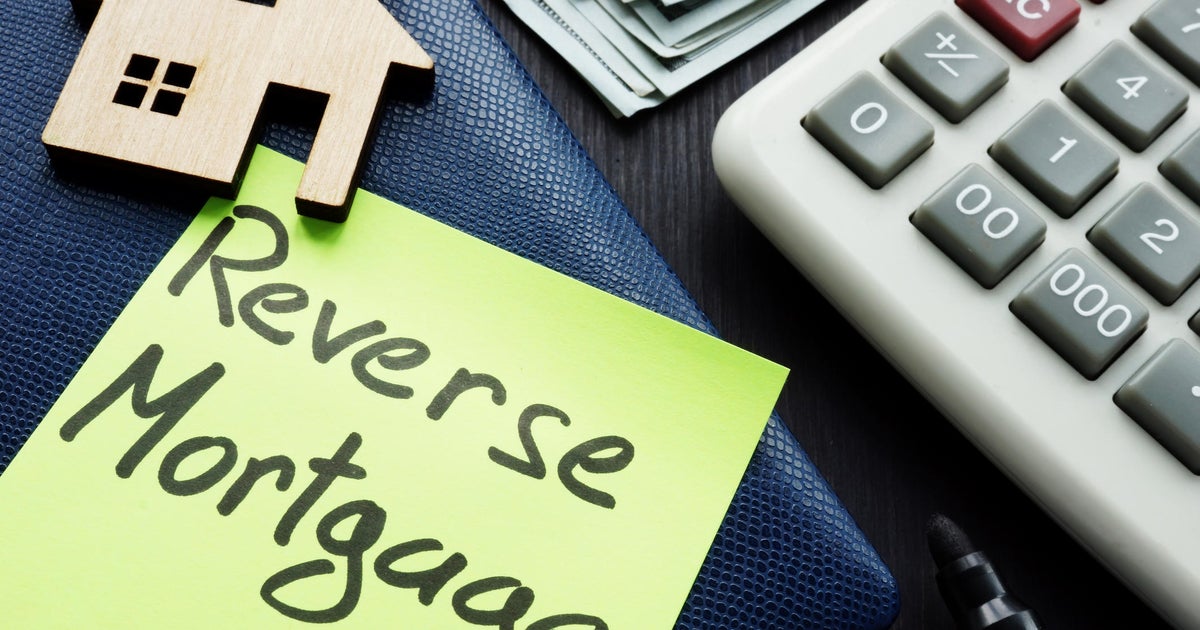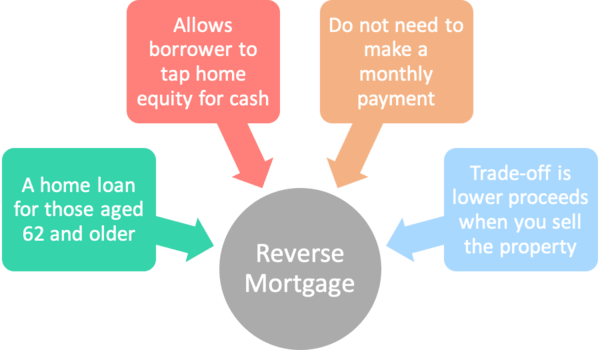Empower Your Retired Life: The Smart Means to Purchase a Reverse Home Loan
As retired life strategies, several individuals look for efficient strategies to boost their monetary freedom and wellness. Amongst these methods, a reverse mortgage becomes a sensible choice for property owners aged 62 and older, permitting them to take advantage of their home equity without the requirement of regular monthly payments. While this economic device supplies a number of advantages, including raised money circulation and the potential to cover crucial costs, it is crucial to recognize the details of the application process and vital factors to consider included. The following actions may expose how you can make an educated decision that could substantially impact your retirement years.
Understanding Reverse Home Loans
Understanding reverse mortgages can be vital for house owners seeking monetary versatility in retired life. A reverse home loan is a financial product that permits eligible home owners, generally aged 62 and older, to convert a section of their home equity right into cash money. Unlike standard home loans, where debtors make regular monthly repayments to a lending institution, reverse home mortgages make it possible for property owners to get repayments or a swelling amount while maintaining possession of their building.
The quantity available via a reverse mortgage relies on several elements, including the property owner's age, the home's value, and present interest rates. Importantly, the loan does not need to be paid back until the property owner markets the home, moves out, or dies.
It is essential for possible customers to understand the effects of this monetary item, consisting of the effect on estate inheritance, tax obligation considerations, and ongoing duties connected to property maintenance, tax obligations, and insurance policy. In addition, counseling sessions with certified professionals are typically required to make sure that customers completely comprehend the terms and conditions of the funding. On the whole, an extensive understanding of reverse home loans can empower house owners to make enlightened decisions regarding their financial future in retirement.
Benefits of a Reverse Home Loan
A reverse mortgage offers several compelling advantages for eligible homeowners, particularly those in retirement. This financial tool enables senior citizens to convert a part of their home equity into money, offering important funds without the need for month-to-month home mortgage settlements. The cash gotten can be utilized for various objectives, such as covering medical expenses, making home renovations, or supplementing retirement income, thus boosting general financial versatility.
One considerable benefit of a reverse home mortgage is that it does not require payment till the property owner moves out, sells the home, or passes away - purchase reverse mortgage. This function makes it possible for retired people to maintain their way of life and meet unforeseen costs without the worry of monthly payments. In addition, the funds received are generally tax-free, permitting property owners to use their money without worry of tax obligation implications
Moreover, a reverse home loan can offer assurance, knowing that it can work as a monetary safeguard throughout difficult times. House owners additionally retain possession of their homes, ensuring they can proceed residing in a familiar environment. Eventually, a reverse mortgage can be a critical financial resource, encouraging senior citizens to handle their finances efficiently while enjoying their golden years.
The Application Process
Browsing the application process for a reverse home mortgage is a vital step for house owners considering this economic alternative. The very first phase involves reviewing qualification, which commonly calls for the home owner to be at the very least 62 years of ages, very own the home outright or have a low home loan balance, and inhabit the home as their key home.
When eligibility is validated, home owners need to go through a therapy session with a HUD-approved counselor. This session guarantees that they totally comprehend the ramifications of a reverse mortgage, including the obligations entailed. purchase reverse mortgage. After finishing therapy, applicants can continue to gather needed documentation, including proof of revenue, assets, and the home's value
The next action requires sending an application to a lender, that will examine the financial and residential property qualifications. An appraisal of the home will additionally be performed to identify its market price. If accepted, the lending institution will certainly provide financing this website terms, which ought to be examined very carefully.
Upon approval, the closing process complies with, where last papers are authorized, and funds are disbursed. Recognizing each phase of this application procedure can significantly enhance the house owner's confidence and decision-making concerning reverse home loans.

Secret Factors To Consider Prior To Investing In
Getting a reverse mortgage is a considerable monetary choice that calls for careful factor to consider of numerous vital elements. Understanding your eligibility is critical. Homeowners need to be at the very least 62 years old, and the home has to be their key residence. Reviewing your monetary needs and goals is equally essential; establish whether a reverse mortgage lines up with your long-lasting plans.

A reverse mortgage can impact your qualification for particular government benefits, such as Medicaid. By thoroughly reviewing these considerations, you can make an extra enlightened decision about whether a reverse home mortgage is the right economic strategy for your retired life.
Making the Most of Your Funds
When you have protected a reverse home mortgage, effectively managing the funds ends up being a priority. The flexibility of a reverse home mortgage allows home owners to utilize the funds in various methods, however tactical planning is crucial to optimize their advantages.
One essential strategy is to develop a spending plan that describes your monetary goals and month-to-month costs. By recognizing required expenditures such as health care, real estate tax, and home upkeep, you this article can assign funds as necessary to guarantee long-lasting sustainability. Furthermore, take into consideration making use of a part of the funds for financial investments that can generate income or appreciate over time, such as mutual funds or dividend-paying stocks.
An additional essential aspect is to preserve a reserve. Reserving a reserve from your reverse home loan can assist cover unforeseen expenses, supplying comfort and economic security. Consult with an economic consultant to explore possible tax effects and how to integrate reverse mortgage funds right into your total retirement technique.
Inevitably, sensible management of reverse mortgage funds can improve your monetary protection, permitting you to enjoy your retirement years without the stress and anxiety of monetary unpredictability. Mindful planning and informed decision-making will make sure that your funds function successfully for you.
Final Thought
In conclusion, a reverse home mortgage offers a feasible monetary strategy for seniors seeking to improve their retirement experience. By converting home equity into obtainable funds, individuals can deal with necessary expenses and protected additional monetary resources without sustaining monthly payments.
Comprehending reverse mortgages can be critical for house owners looking for economic flexibility in retired life. A reverse home loan is a monetary product that allows eligible home owners, normally aged 62 and older, to convert a section of their home equity into money. Unlike standard home loans, where debtors make month-to-month settlements to a lending institution, reverse mortgages make it possible for house owners to receive repayments or a swelling sum while retaining possession of their building.
Overall, an extensive understanding of reverse home mortgages can empower house owners to make informed decisions concerning their financial future in retired life.
Seek advice from with a financial advisor to discover possible tax effects and just how to integrate reverse home loan funds right into your total retirement method.